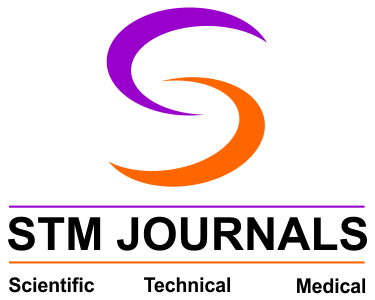
sheikh muneeb u shaban

Bisma Mohi-ud-Dindar

Rameez Ahmad Lone

Marifa Nabi

Maizuba Mushtaq

Shabnam Wali

Younus Paul

Mir Muzayin Asgar

Basit Nazir Itoo

Aadil Ashraaf

Hadiya Majeed

Beenish Farooq

Shabiya Shaban
Abstract
In today’s world scenario, junk food has become a prominent feature of diet for adolescents. The
rapidly changing food consumption pattern and diet transition emerging in the society due to economic growth and
new life style choices.Good nutrition is very essential in development of Children both physically and
mentally.Children must know what they eat, it affects their growth and behaviour. Today many adolescents like to eat
junk food but they do not know about harmful effects of junk food on their health. People have forgotten that the
primary reason for eating is nourishment. Lifestyle changes has compelled us so much that one has so little time to
really think what we are eating is right! Junk foods comprises that quick, tasty, convenient and fashionable. Junk food
is a term describing food that is perceived to be unhealthy or having poor nutritional value, according to food
standard agency.Junk food is high in calorie but low in nutritional content, sometime that is appealing or enjoyable but
of little or no real value.This kind of food has no vitamins and minerals. Junk food isloaded with saturated fat and high
calorie, and its low in fibre and nutrients. It is clear that junk food is generally unhealthy.
Keywords: junk, health, hazardous, sampling,technique
References
Subedi S, Nayaju S, Subedi S, Acharya A, Pandey A. Knowledge and practice on junk food
consumption among higher level students at selected educational institutions of Kathmandu, Nepal.
Int J Res-Granthaalayah. 2020;8(12):306-14.
2. Ramchandra MU, Salunkhe AH, Mohite VR. Knowledge regarding health hazards of junk foods among
adolescents. International Journal of Science and Research (IJSR). 2015 Apr;4(1):43-6.
3. Mishra R, Binumol K, Drishya V, Kirtika S, Meenu B, Sinimol J. Effect of educational intervention on
awareness regarding health hazards of junk food consumption among engineering students. International
Journal of Medical Pediatrics and Oncology. 2021;7(2):73-8.
4. SD S. Junk Food Consumption Among Secondary Level Students, Chitwan. Journal of Nepal
Paediatric Society. 2017 May 1;37(2).
5. Bohara SS, Thapa K, Bhatt LD, Dhami SS, Wagle S. Determinants of junk food consumption among
adolescents in Pokhara Valley, Nepal. Frontiers in Nutrition. 2021 Apr 8;8:109.
6. SD S. Junk Food Consumption Among Secondary Level Students, Chitwan. Journal of Nepal
Paediatric Society. 2017 May 1;37(2).
7. Mirhadyan L, Moradi Latreyi S, Pasha A, Kazem Nejad Leili E. Junk food consumption and its
associated factors in high school students in Rasht in 2017. Journal of Research Development in Nursing
and Midwifery. 2020 Apr 10;17(1):52-66.
8. Bohara SS, Thapa K, Bhatt LD, Dhami SS, Wagle S. Determinants of junk food consumption among
adolescents in Pokhara Valley, Nepal. Frontiers in Nutrition. 2021 Apr 8;8:109.
9. 1Sanjo.T, Shankar S,Vetrivel M et al, PP: 621-622 | Volume-8 Issue-3S, February 2019 | Retrieval Number:
C11320283S19/19©BEIESP
10. Nayak R. Pattern of fast or junk food consumption among medical students of North Karnataka-a cross
sectional study. International Journal of Community Medicine and Public Health. 2020;7(1839):10-8203.
11. Gnanagowri V. A Quasi Experimental Study to Evaluate the Effectiveness of Structured Teaching Program
on Knowledge Regarding Health Hazards of Junk Foods among School Children at Selected School,
Chennai. International Journal of Nursing Education and Research.
2015;3(1):33-9.
12. Ramchandra MU, Salunkhe AH, Mohite VR. Knowledge regarding health hazards of junk foods among
adolescents. International Journal of Science and Research (IJSR). 2015 Apr;4(1):43-6.
13. Dunford EK, Popkin B, Ng SW. Junk food intake among adults in the United States. The Journal of
Nutrition. 2022 Feb;152(2):492-500.

Research & Reviews : Journal of Surgery
| Volume | |
| Received | March 2, 2024 |
| Accepted | March 4, 2024 |
| Published | March 14, 2024 |

